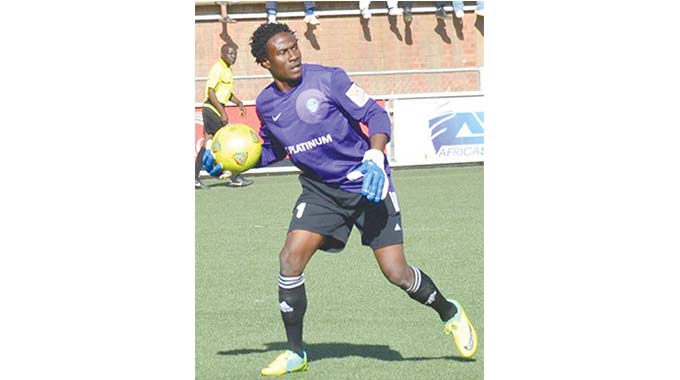COMMENT: Urban councils must wake up and start delivering services to residents

AFTER decades of little to zero investment in roads nationally, most of them are in a poor state.
As a result, some areas were cut off from the rest of the country while others could only be reached if one used an all-terrain vehicle. Traffic accidents were common on the narrow, dilapidated roads as road authorities and the Government lacked resources to fix them.
We looked forward to better highways when Government launched the $16 billion Emergency Road Rehabilitation Programme 2 (ERRP2) in March. Road authorities, especially councils would stampede for the money for them to invest in their roads once again, we told ourselves.
We were wrong.
Yes, some roads have been rehabilitated, making driving or travelling on them a whole new, comfortable experience.
Some areas that had been cut off are now accessible.
However, we received with much concern a Government announcement on Thursday that only $8 billion of the fund has been utilised yet there is still a lot of work to be done.
We also reported yesterday that 41 percent of roads earmarked for rehabilitation under ERRP2 have been done over the past eight months.
Urban councils, with a reputation for parlous service delivery, were blamed for causing slow progress in the national project.
Transport and Infrastructural Development Permanent Secretary Engineer Theodiuos Chinyanga said although Government was generally satisfied with progress achieved, the slow uptake of funds by road authorities was concerning.
Some are failing to draw up budgets to be able to access the cash and start work; others lack human capacity to procure, he said.
A number of them did not understand what was required in terms of submitting projects for approval and also shortage of equipment and materials.
“We have noted that there was slow uptake of funds that were available, with around 51 percent used which means 49 percent of available resources were not utilised,” he said.
“However, we are happy with the achievements although we could have done much better had people responded early.
Overall, in terms of the targets that we had set ourselves, we are around 41 percent, mainly being pulled back by urban local authorities because in terms of reseals that should have happened more in urban local authorities who have surfaced roads, but you would see that against the set targets only just about 8 percent was resealed.”
He added:
“On grading we outshined ourselves at 16 700km against a target of 16 300km while on drainage structures we had targeted 1 672 and we managed to do 2 075, which is a 176 percent above the target.
The reason is that as we were doing our work, we identified more structures that needed to be worked on. Vegetation clearing was one area which did well.
There was too much growth along our roads and of the targeted 24 000km, we have now managed 23 000km.”
In terms of re-gravelling only 3 000km out of 8 000km were done whereas 8 573 drains were worked on out of 22 000.
“Generally, I would say the slow uptake of funds is attributable mainly to urban local authorities who have longer and more potholed surfaced roads.
They have their own peculiar problems which mainly hinge around human capacity in terms of procurement staff and not working in totality as a team, that’s what drew them back and made the whole nation fail.
Rural local authorities did their best.
In essence we are saying this was a first year, it started late but still we managed to show something for it,” he said.
It is unthinkable that urban local authorities, for decades attacked for failing to rehabilitate existing roads or build new ones because they did not have money, are really failing to draw up budgets to be able to qualify to access Government assistance.
As towns and cities struggle drafting budgets, rural councils are getting everything right, are getting the money and are working on their roads.
We can’t find a credible reason why towns and cities are failing to organise themselves to be able to access money that is there waiting for them while rural councils are doing well.
It cannot be a question of urban councils only lacking skilled workers to draft budgets or work their roads with rural councils not affected by the same.
The reason must be the old challenge that has seen most towns and cities discharging raw sewage on water taps, failing to collect rubbish, failing to keep street lights on and so on. Just dereliction of duty.
Urban councils must wake up and start delivering services to residents and ratepayers. They must work harder for them to access resources under the ERRP2.
We not only appeal to the Government to roll out the unutilised $8 billion over to next year but also to push sluggards to put their paperwork in order so that they qualify for funding, proceeding to use the money to make their roads safer to use and to be more lookable.










Comments